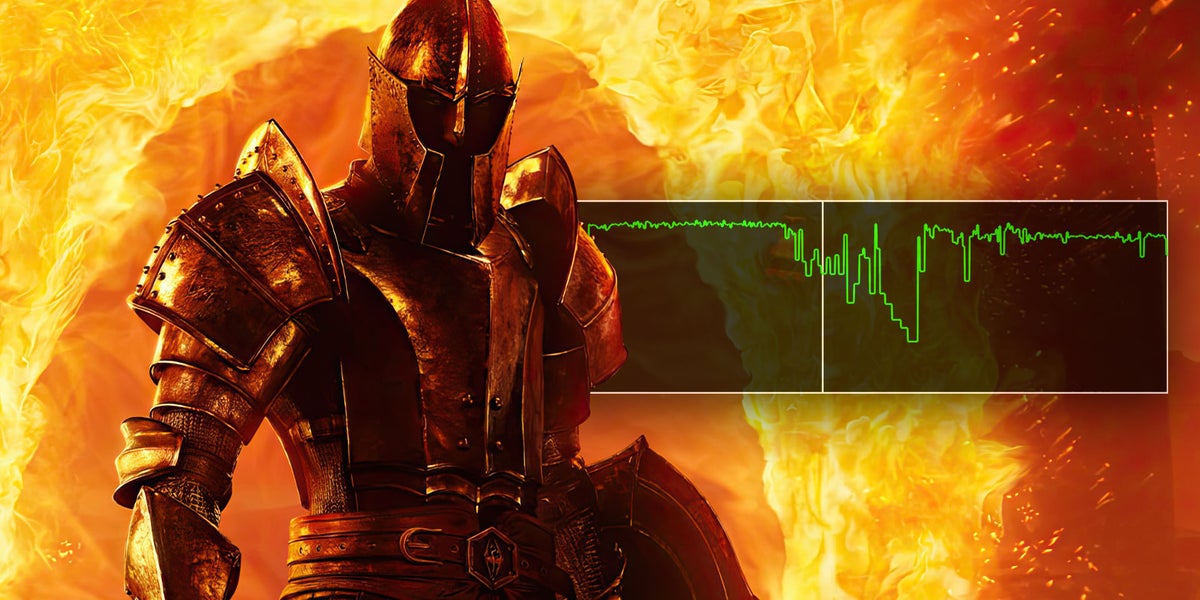Elder Scrolls: Oblivion PC Remake Stumbles - Stunning Visuals Clash with Brutal Performance Woes

Digital Foundry, the renowned technical analysis team, has delivered a scathing assessment of the recently released Oblivion Remastered, declaring it a technical disaster for PC gamers. In what might be their most critical performance review to date, the experts have labeled the remaster as potentially one of the most poorly optimized games they've ever encountered.
The technical breakdown reveals significant performance issues that plague the game across various PC configurations. Gamers hoping for a nostalgic and smooth revisit to the beloved Elder Scrolls classic will likely find themselves frustrated by persistent frame rate drops, stuttering, and inconsistent rendering that severely undermine the gaming experience.
Digital Foundry's comprehensive analysis suggests that the remaster fails to meet even basic performance standards, raising serious questions about the development team's approach to porting and optimizing the game for modern PC hardware. This revelation is particularly disappointing for fans who have eagerly anticipated a polished version of the classic RPG.
While specific technical details are still emerging, the initial verdict is clear: Oblivion Remastered appears to be a significant letdown for PC players seeking a definitive version of the game.
